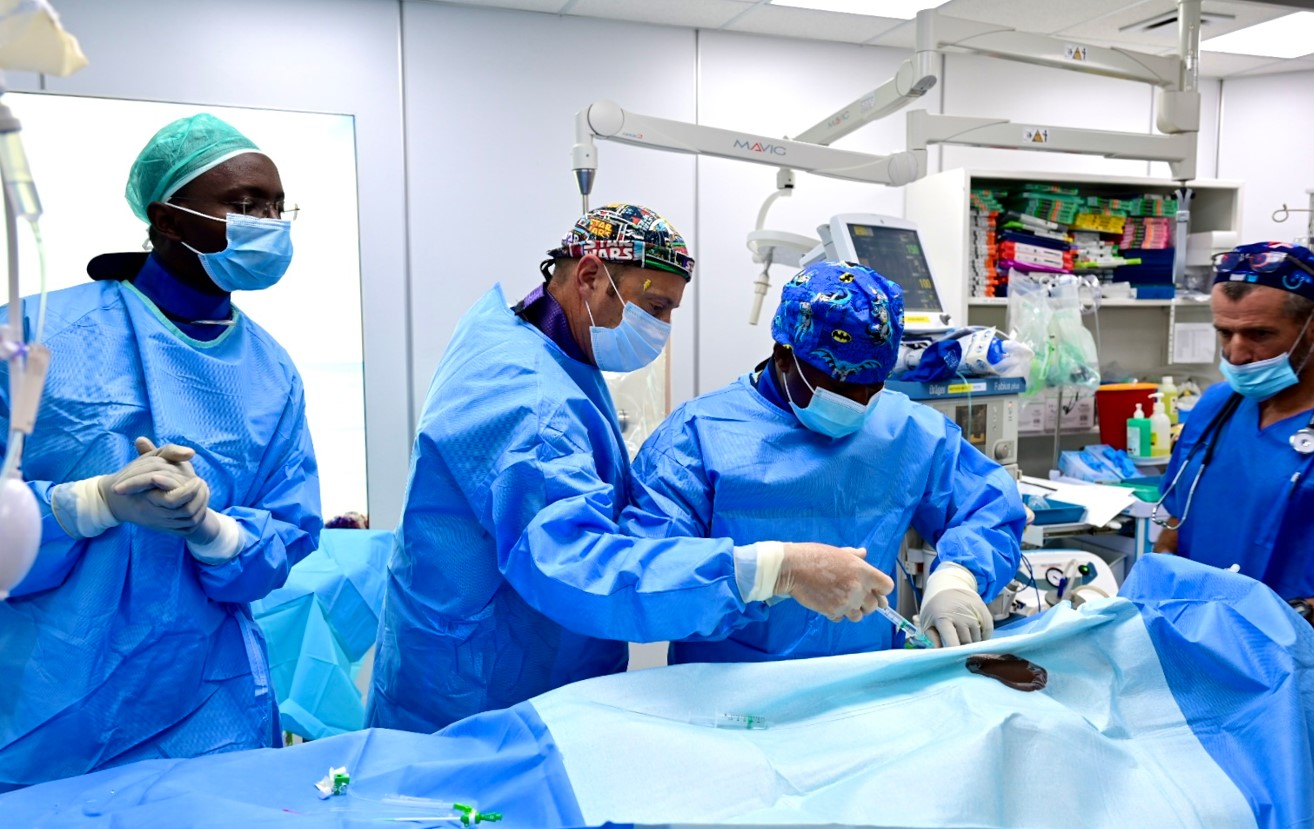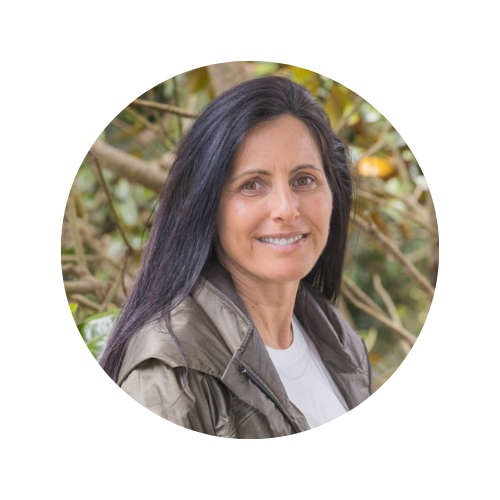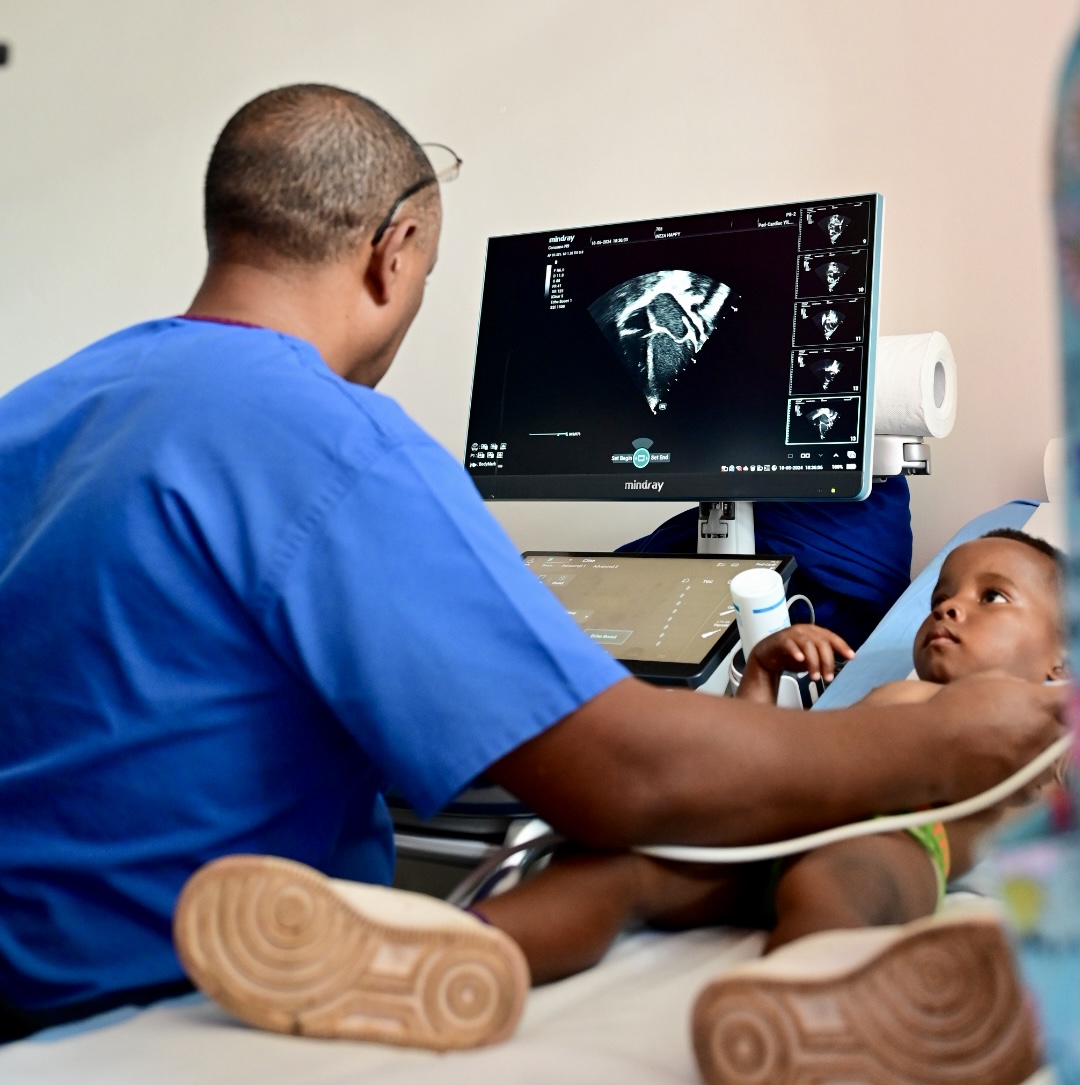Many countries in East and Southern Africa such as Rwanda, Ethiopia, Zambia, Somaliland & Kenya face serious challenges in providing adequate healthcare, particularly in specialised fields like paediatric cardiology. Congenital heart disease (CHD) affects approximately one in every 100 children worldwide, yet in many of these African countries, the resources and expertise to diagnose and treat these conditions are severely lacking. This is due to a lack of trained specialists, coupled with limited access to medical technology, medical infrastructure and financing gaps for major public health facilities. In turn, many children suffer or die from preventable heart conditions each year.
Recognising this pressing need, many health and medical focused NGOs and professionals, and overseas funded programs (such as the Deutsches Herzzentrum Heart Centre collaboration), have been rallying to fill these broader health care gaps, but to also perform urgent heart surgeries or catheterisation procedures. This provision of external expertise and resources in contexts where the medical need is so great has been and will remain vital.
However, the urgency of this situation is only continuing to grow. In particular, as pressure on African health systems continue to mount in the face of population growth, financing gaps, changing climate and food systems, it has become clear to myself and my team at Save a Child’s Heart, or “SACH” (an Israeli humanitarian non-profit dedicated to providing life-saving cardiac care to children in the Majority World), that a sustainable programmatic approach means far more than just providing immediate medical aid. It also means transferring knowledge and skills to local healthcare professionals, in addition to fostering South-South knowledge exchanges, so that local professionals can perform these complex heart procedures, set up the necessary systems and procedures, and ultimately provide long-term care within their communities – without foreign or external support.
Building Capacity: Training the Next Generation of Paediatric Cardiac Teams
The first step in this process, or achieving our longer term goal of localisation, is building capacity and transferring specialised medical knowledge. The medical teams at Save a Child’s Heart operate on the belief that sustainable change comes from within. To this end, the medical teams have been actively involved in long-term partnerships with institutions in Tanzania, Ethiopia, Zambia, and Rwanda to train African doctors, nurses, and medical staff in paediatric cardiac care. This comprehensive training program includes hands-on experience in the diagnosis, treatment, and post-operative care of children with heart disease.
In particular, doctors and nurses are invited as “fellows in training” to Save a Child’s Heart centre in Israel, where they undergo rigorous medical training alongside world-class specialists. This donor funded training or fellowships are not just limited to the technical aspects of cardiac surgery, anaesthesia or intensive care, but also include the development of a holistic understanding of patient care, from initial diagnosis to rehabilitation. They also have the added value of providing those in training the opportunity to treat patients from different countries, including their own.
To further maximize impact beyond North-to-South knowledge exchange, South-South knowledge exchange, learning and leadership is also encouraged and fostered between the medical staff we work with. Aligned to SACH’s own underpinning Jewish principle of “Tikkun Olam”, translated as “repairing the world”, our South-South Cooperation model strives to foster more locally-led and appropriate partnerships and knowledge exchange between countries in the Majority World or Global South.
Upon completion of their training, these medical professionals return to their home countries equipped with the skills and knowledge to establish and operate paediatric cardiac units. For example, on a recent catherisation medical mission to Rwanda, myself, the SACH medical team and two Rwandan Doctors in training had the privilege of meeting with paediatric cardiac surgeon Dr Yayu Mekonnen. Dr Yayu trained at SACH and is now regularly performing open heart surgeries. Moreover, Dr Yayu has become a pioneer in his field, and is leading one of the first teams in his country that specialise in performing complex heart procedures on children.
Importantly, we’ve also found that this training and fellowship program has been one of our most engaging and impactful parts of the program from the point of view of our generous donors. Amazed by the fact that it only costs AU$60K a year to support a fellow in training, several of our key donors have been consistently financially supporting multiple fellows at a time to complete their training for years.

The ripple effect
Crucially, since commencing in 2014 we have also learnt that the impact of this training extends far beyond the individuals who receive it. There have been multiple examples whereby the medical staff we have worked with have not only gone on to perform their new trained specialities in cardiac care but have also instigated key processes of mentorship and training for others in their own community.
It is this ripple effect that SACH is most proud of – because it means that the medical expertise we can provide on our end is ultimately being localised to have the greatest impact. Afterall, it has been shown time and time again that whilst medical care should be aligned with global standards, it must also be sensitive to the nuances of the cultural and social systems in which it is taking place. In Tanzania, for example, the establishment of a local Paediatric Cardiac Centre for Excellence, which consists of a team of 22 SACH-trained medical personnel, has drastically reduced the need for children to travel abroad for surgery, saving countless lives and reducing the financial burden on families and the healthcare system. As these local teams grow in expertise and experience, they are also passionately contributing to the overall strengthening of their local healthcare infrastructure and systems. We recently heard from several SACH-trained doctors in Rwanda that they have also been working on the creation of national level programs focused on diagnosing and treating congenital heart disease.
A Sustainable Model for Global Health
In an age of polycrisis (from climate change, to increasing poverty, famine and geopolitics) the need for the provision of foreign medical expertise, resources and labour in the Majority World will likely only increase. However, as the need for our work only continues to grow, the team at SACH has quickly learnt that long-term and sustainable solutions to health in international development must also be accompanied by a focus on capacity building and knowledge transfer – both through North-to-South but also South-to-South channels. Only when a development program is actively designed to empower communities to take control of their healthcare needs, reduce dependency on external aid, localise medical care to be sensitive to the nuances of their social and cultural dynamics, and foster a culture of self-reliance will the greatest impact be maximised.
The proverb, “Give a person a fish, and they’ll eat for a day. Teach a person to fish, and they’ll eat for a lifetime,” rings true as these trained paediatric cardiac teams continue to save lives and transform their countries from within.
——————————–
 Jo Star is the National CEO for Save a Child’s Heart AUSTRALIA. She has a Bachelor of Business & Communications, majoring in Marketing from Edith Cowan University. She has worked in the Not for Profit sector for over five years. Her areas of expertise include organisational structure, business development and marketing.
Jo Star is the National CEO for Save a Child’s Heart AUSTRALIA. She has a Bachelor of Business & Communications, majoring in Marketing from Edith Cowan University. She has worked in the Not for Profit sector for over five years. Her areas of expertise include organisational structure, business development and marketing.
Save a Child’s Heart treats children suffering from congenital and rheumatic heart disease who have little access to care in their own countries. They also train medical professionals from these countries and raise the level of paediatric heart care worldwide. To date, Save A Child’s Heart has conducted 30 surgical and catheterisation missions and more than 70 cardiology clinics around the world, examining over 9,500 children. In 2018, Save a Child’s Heart received the United Nations “Population Award” for outstanding achievements in population and health. Learn more about their work here: https://saveachildsheart.org/our-missions.
Image credits: Ilan Balaban
